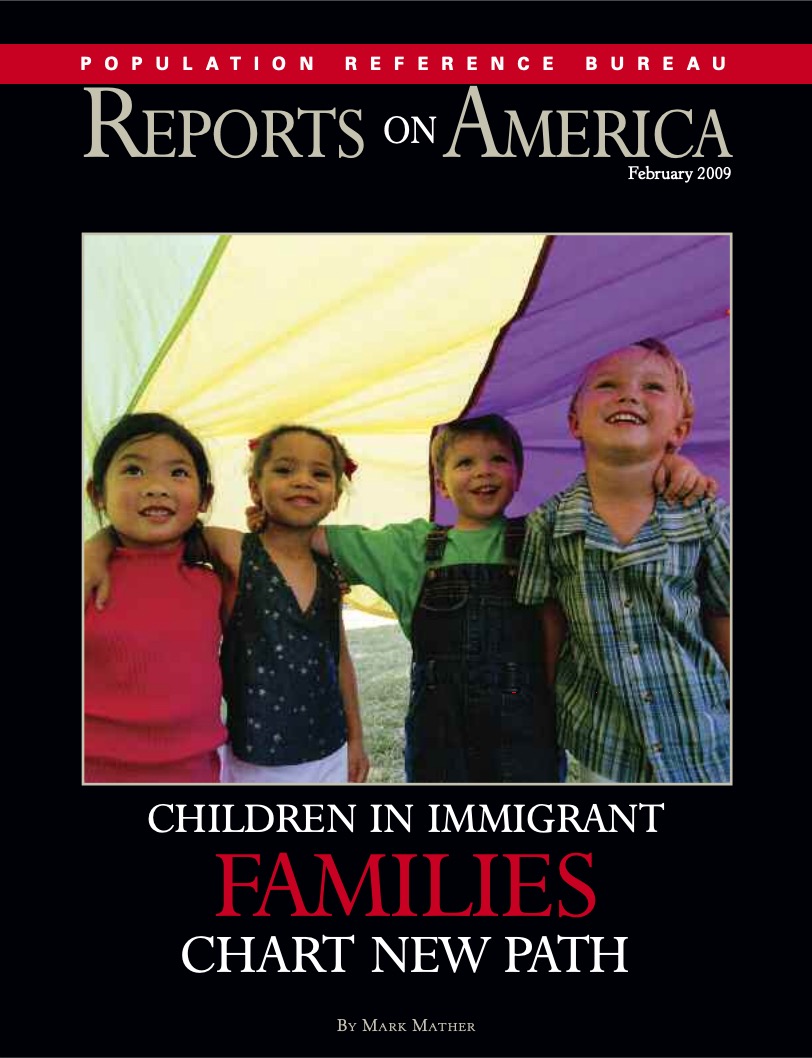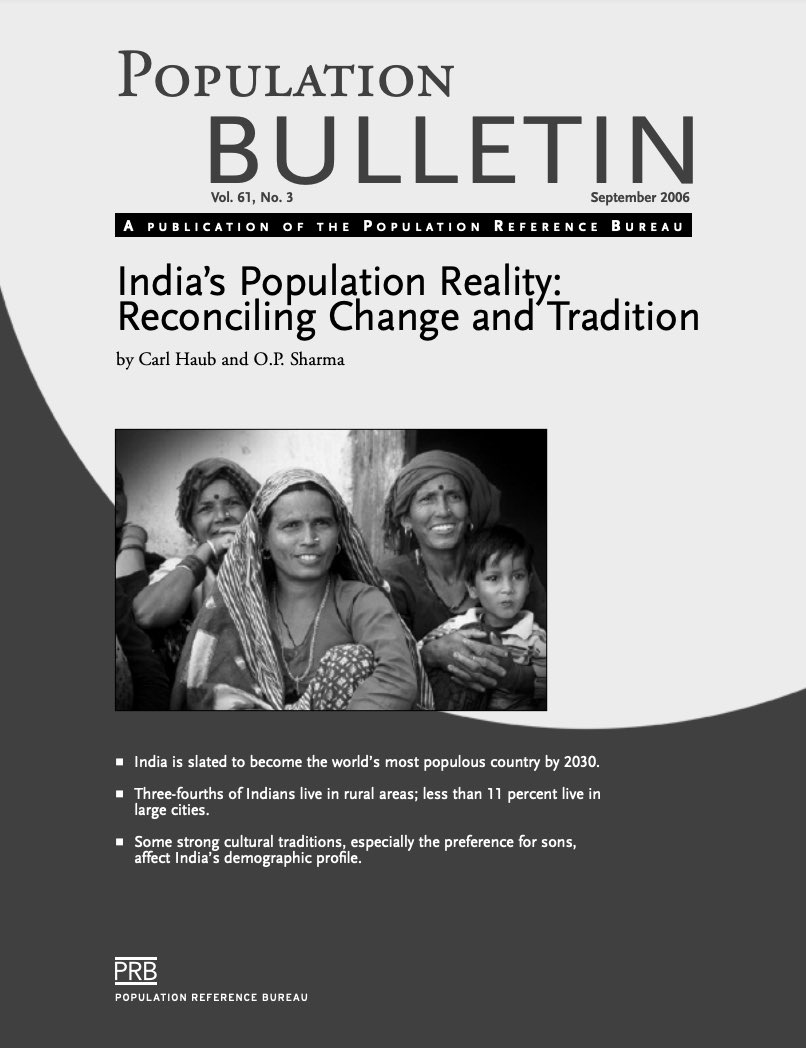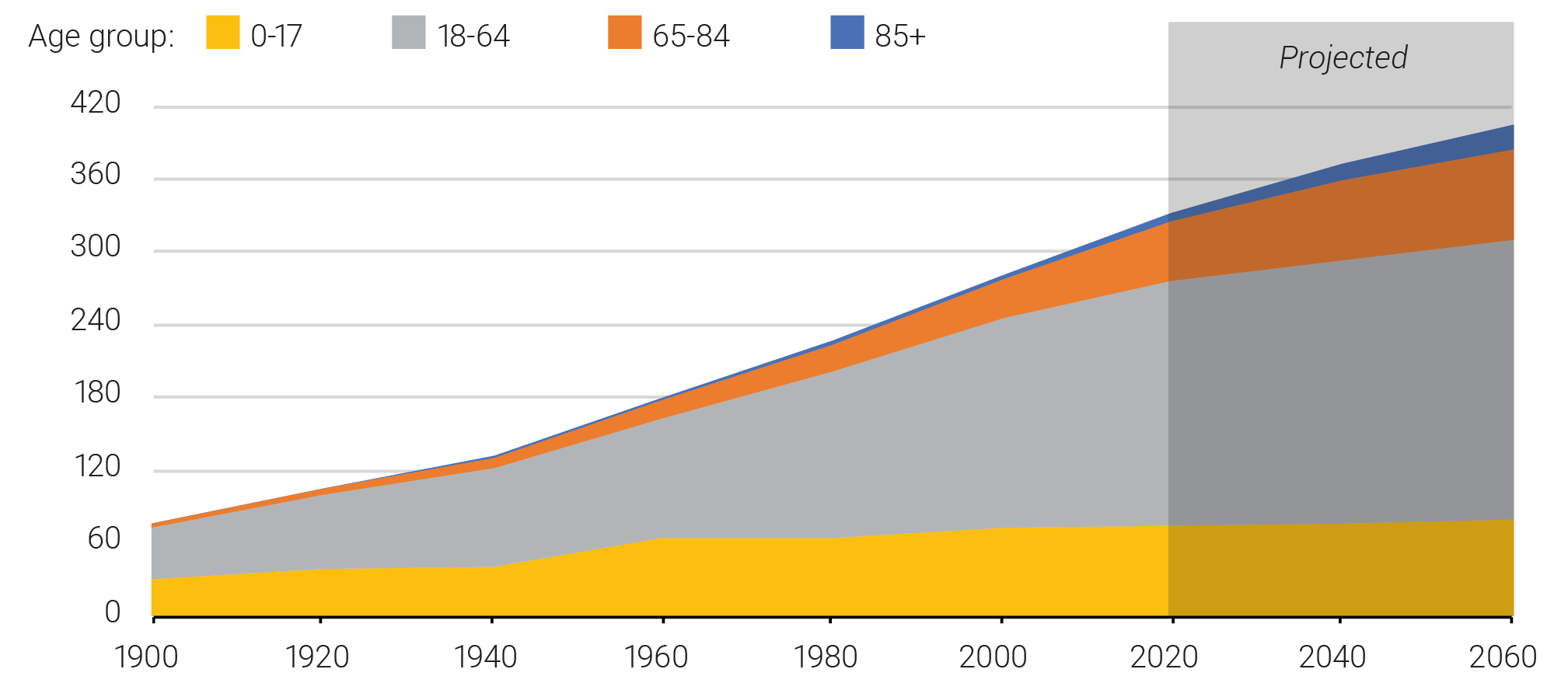505 Search Results Found For : "demographic dividend"

10 Things to Know About Privacy Protections in the 2020 Census
What data users should know about the effects of new disclosure avoidance procedures in the 2020 Census

Children in U.S. Immigrant Families Chart New Path
(2009) A new PRB report, Children in Immigrant Families Chart New Path, looks at the U.S. children of immigrants through a demographic lens. There are more than 16 million children living in America's immigrant families.

Population Bulletin, vol. 61, no. 3. India’s Population: Reconciling Change and Tradition
(2006) This Population Bulletin presents a demographic portrait of the diverse country of India in the early years of the 21st century and offers insight into some of the forces driving continued growth and change.

Reports on America. Children in U.S. Immigrant Families Chart New Path
(2009) A new PRB report, Children in Immigrant Families Chart New Path, looks at the U.S. children of immigrants through a demographic lens. There are more than 16 million children living in America's immigrant families.
South American Transition to Low Fertility Spreads to Paraguay
(2010) Paraguay does not seem a likely candidate for rapid fertility decline: The population is poorer, more rural, and has lower educational levels than its neighboring countries.

The U.S. Population Is Growing Older, and the Gender Gap in Life Expectancy Is Narrowing
The current growth of the population ages 65 and older is unprecedented in U.S. history and has important implications for policymakers.

India’s Population: Reconciling Change and Tradition
(2006) This Population Bulletin presents a demographic portrait of the diverse country of India in the early years of the 21st century and offers insight into some of the forces driving continued growth and change.
